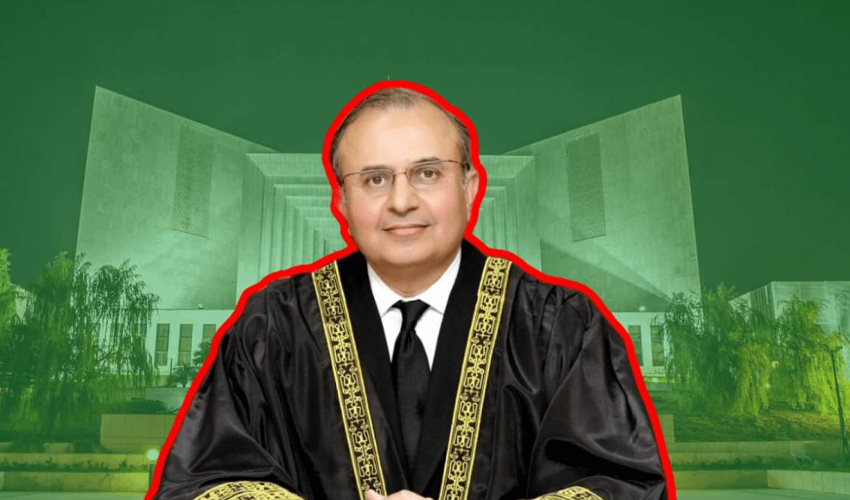ISLAMABAD: The federal government is walking a tightrope as it navigates a dual strategy regarding the proposed constitutional amendment for the appointment of Justice Syed Mansoor Ali Shah as the next Chief Justice.
One faction within the government is concerned that the outcomes of the recent 2024 general elections may be undermined following the retirement of Chief Justice Qazi Faez Isa.
To maintain stability, they suggest either establishing a federal constitutional court led by a “like-minded” Chief Justice or creating a panel of senior Supreme Court judges for the appointment of the Chief Justice. Both options would require a constitutional amendment, reflecting a lack of trust towards Justice Shah, especially after the July 12 ruling on reserved seats.
Currently, the constitution mandates that the most senior puisne judge be appointed as Chief Justice. With less than ten days until CJP Qazi Faez Isa’s retirement, the government has yet to issue a notification regarding his successor. This faction believes that if the JUI-F opposes the establishment of the federal constitutional court (FCC), a panel of senior Supreme Court judges should be formed, though it remains unclear whether this panel will consist of three or six judges.
On the other hand, the JUI-F has not suggested either the FCC or the panel for appointing the Chief Justice. Instead, the party advocates for the formation of a constitutional bench to address legal and constitutional interpretations.
Conversely, another faction within the government is urging for the constitutional amendment to be postponed, insisting that Justice Syed Mansoor Ali Shah should be notified as Chief Justice immediately to avert a crisis.
A meeting of senior government officials on October 7 discussed this issue, with one official warning that establishing the FCC could provoke backlash from lawyers, potentially jeopardizing pro-government groups in the upcoming Supreme Court Bar Association elections.
Despite the delay in announcing the next Chief Justice, the government appears to be strategizing on how to navigate the constitutional amendment process. Opposition parties have complained about harassment aimed at their lawmakers to secure votes for the amendment.
“I resigned from the assembly due to how this government has treated Balochistan. Yet, agencies continue to harass my two senators and their families. My only option left is to ask them to step down,” stated Akhtar Mengal, President of the Balochistan National Party, on social media.
Legal experts believe that if the government attempts to introduce a panel for appointing the Chief Justice, it will be challenging to bypass Justice Shah, who has substantial backing within both the Supreme Court and the legal community.
The government is seeking backchannel communications to address its concerns regarding the post-October 25 landscape. If these issues are resolved, a notification for Justice Shah’s appointment as Chief Justice may be issued. However, passing the constitutional amendment without JUI-F support could provoke protests from both JUI-F and lawyers.
JUI-F chief Maulana Fazlur Rehman recently met with PPP Chairman Bilawal Bhutto Zardari in Karachi, but neither leader announced an agreement on establishing the FCC before October 25.
It is expected that all parties will ultimately agree to revise the appointment process for superior court judges. A large gathering of lawyers in Karachi has already voiced strong opposition to the proposed constitutional amendment, rejecting both the establishment of the federal constitutional court and any proposals excluding Mansoor Ali Shah.


